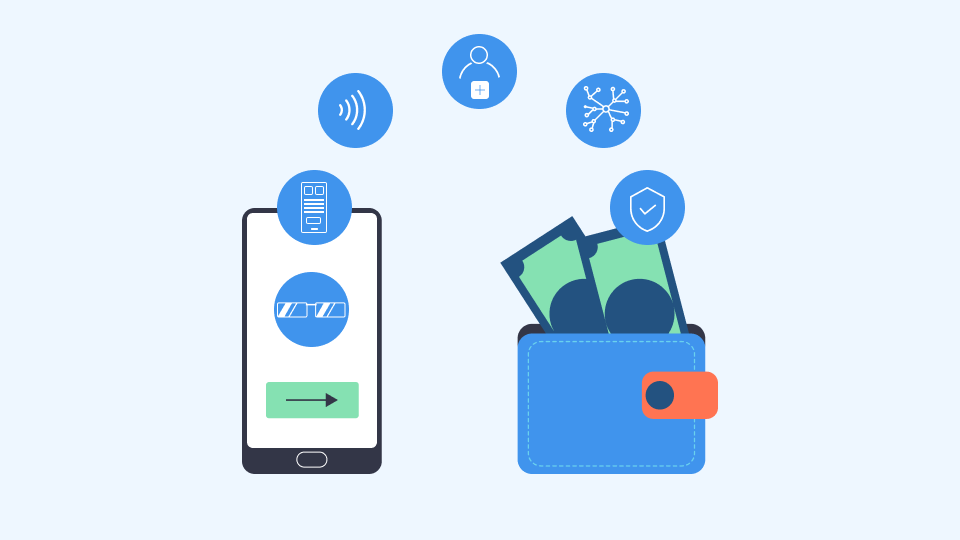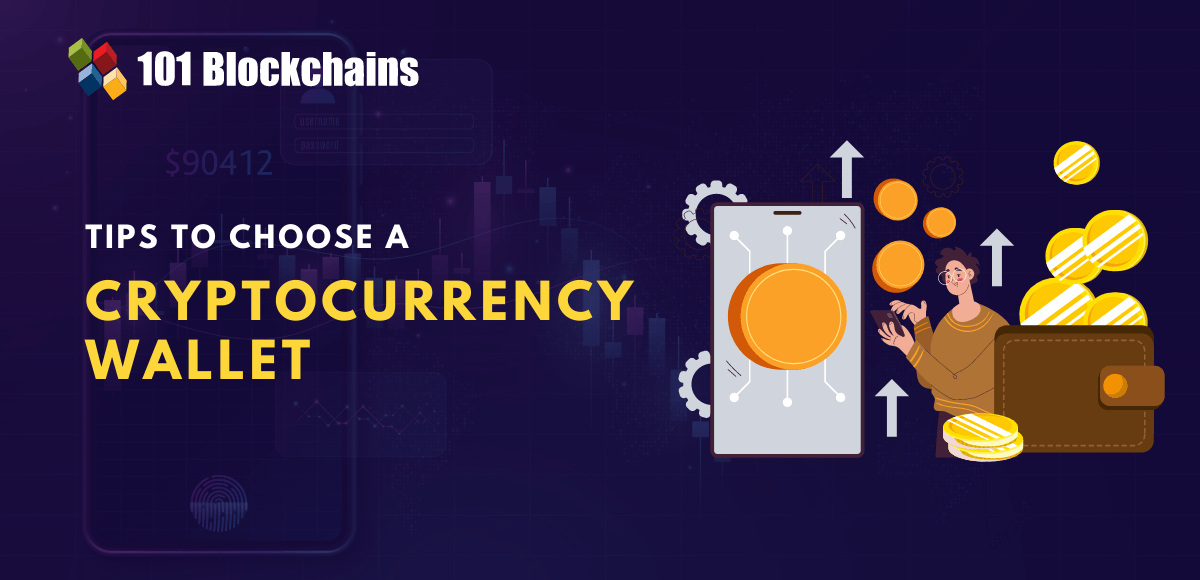Ethereum (ETH): Ethereum is an open source, decentralized blockchain platform that enables the creation of smart contracts as well as decentralized applications (DApps). Ethereum allows the exchange and creation of custom tokens in addition to Ether (ETH) the company's own cryptocurrency.
Litecoin LTC (Litecoin): Litecoin is an uncentralized digital currency that is founded upon Bitcoin. It comes with a number of distinct advantages, like an increased speed for block generation and a unique algorithm for hashing.
Monero (XMR): Monero is a cryptocurrency focused on privacy that utilizes a variety of features, such as stealth addresses and ring-signatures to improve the security and privacy of transactions.
TRON (TRX) is a cryptocurrency and blockchain platform that is decentralized. that allows the creation, use and sharing decentralized applications (DApps), content sharing and more. TRON hopes to develop an international digital entertainment platform using blockchain technology and peer-to-peer (P2P) networking technology. Check out the top rated bitcoin wallet app for blog tips.

10 Things You Need To Know About Bitcoin Wallet Applications
The goal of Bitcoin wallet applications is to store, send bitcoins, and also receive them.
Key features: Search for wallets with key features, like security (e.g. encryption), backup and recovery options, and user-friendliness.
Safety: Store your bitcoins in a wallet with strong security features and consider the possibility of enabling two-factor authentication.
Keys for private and public. Every bitcoin wallet has both a publicly accessible key (used to receive bitcoins) as well as a private one (used for accessing bitcoins or sending bitcoins). Your private key must be secured and safe.
Bitcoins can be redeemed If you share your keys public with the sender to get bitcoins.
Sending bitcoins
Transactions
Fees: Certain wallets charge transaction charges. Be aware of the fees structure before you decide on the wallet.
Updates: It is recommended to frequently upgrade your wallet to keep up-to-date security features and bugs fixed. Read the most popular trusteeglobal.eu for blog tips.

10 Things You Should Know About A Litcoin Wallet
Purpose: A Litecoin wallet is a software application used to store, send, and receive Litecoin (LTC), a cryptocurrency.Types: There are different types of Litecoin wallets, including software wallets, hardware wallets, and paper wallets.
Key features: Select an Litecoin wallet with essential features, such as security (e.g. encryption, backups and options for recovery) and convenience.
Security: Keep your LTC safe in your wallet. You may also think about two-factor authentication. Secure your private keys and safe.
Public and Private keys A wallet for Litecoin includes a public key for receiving LTC and a private key for accessing and sending LTC.
LTC Receiving Your Public Key with the sender to receive LTC
To send LTC to a recipient Enter the recipient's private number and the amount of LTC you'd like to send.
Transactions: Any transactions made through the Litecoin wallet will be recorded in the Litecoin Blockchain, a publicly accessible ledger that tracks all LTC transactions.
Speed: Litecoin transactions process faster than Bitcoin transactions. Typically, they take around 2.5 minutes to be confirmed.
Fees: Litecoin transactions will incur less charges than Bitcoin transactions. This is what makes Litecoin an attractive option for micropayments. Read the top trusteeglobal.eu/monero-wallet/ for site tips.
10 Things To Know About A Tron Wallet And App
Purpose: A TRON (TRX) wallet is a software application used to store, send, and receive TRON, a decentralized blockchain platform and cryptocurrency.Types: There are different types of TRON wallets, including software wallets, hardware wallets, and paper wallets.
Key features: Search for a TRON wallet with key features, such as security (e.g. TRON wallets offer key features such as encryption, backup and recovery options and ease of use and simple.
Safety: Make sure your TRX is kept in a secure wallet. Make sure your private keys are safe and safe.
Public and private key The wallet of TRON contains two keys. One is a public adress that can be used to get TRX. And the other is a private one which can access TRX.
Receiving TRX: Share your public address with the sender in order to receive TRX.
Send TRX: Enter your public address and the amount of TRX you want to transfer.
Transactions: All transactions made with a TRON wallet are registered on the TRON blockchain, which is a publicly accessible ledger for every TRX transactions.
Decentralized Applications, (DApps),: TRON supports creation and utilizes decentralized applications (DApps) which are created with the TRON blockchain but run on TRX the native cryptocurrency.
TRON is fast: TRON can handle large transactions with an efficient and quick blockchain that can handle thousands per second. Have a look at the best trusteeglobal.eu/usdt-wallet/ for site recommendations.

Differences Between A Usdt Erc-20 Wallet And Tether Erc-20 Wallet
USDT: USDT (Tether) is a stablecoin that is tied to the US Dollar. It's designed to be stable with respect to the US dollars. USDT can exist on multiple blockchain networks like Ethereum (ERC-20), Omni and other Bitcoin-based networks. ERC-20 (ERC-20) is an open standard that permits smart contracts to be implemented on the Ethereum blockchain. ERC-20 tokens, including USDT, are digital assets that comply with the standard and can be stored in Ethereum wallets.
USDT ERC-20 wallet is a USDT ERC-20Wallet software program that can store ERC-20-compliant USDT tokens on Ethereum.
Tether ERC-20 ETC-20 wallet: A Tether ERC-20 ERC-20 pocket is a different name for an USDT ERC-20 pocket. It houses the stablecoin of Tether in a wallet which follows the ERC-20 standard.
Compatibility. To use the USDT ERC-20 cryptocurrency wallet, you must have Ethereum-compatible USDT coins. Tether tokens compatible with ERC-20 must be used in a Tether ERC-20 client.
Functionality: Both wallets can be used to transfer and receive USDT tokens. It is possible to view transaction history and check your balance. However, the different wallet providers might have different designs and features.